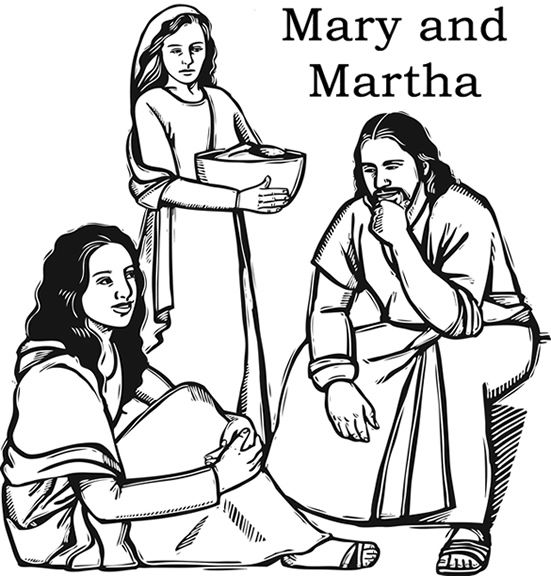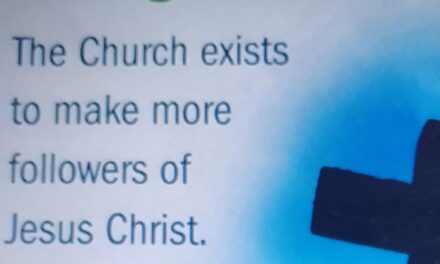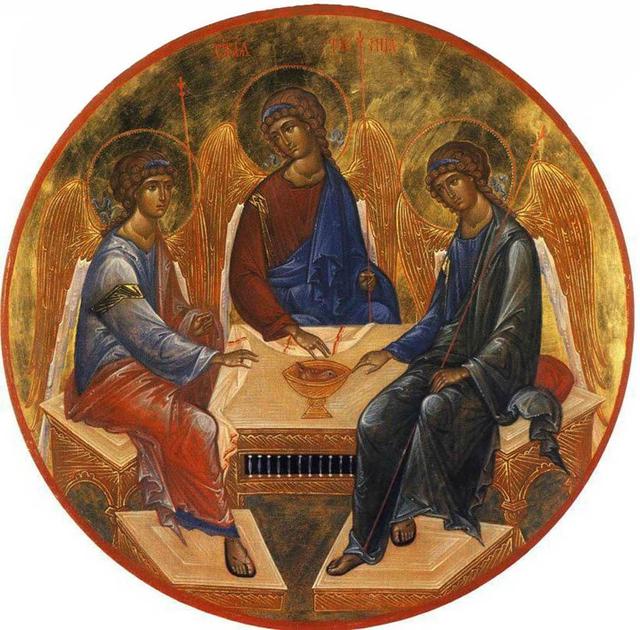Lazarus is dead, but that was not his end. Beloved, your physical death is not your end. The raising of Lazarus is the last of seven miracle signs in John’s Gospel. It shows what Jesus meant when He declared, “I am the resurrection and the life (Jn 11:25). The resurrection of the body of anyone who has died physically but who will spend eternity either in heaven or hell is one of the basic teachings in God’s Word. Those who reject this sign and teaching always have no alternative but to deny or kill Jesus, who performs the miracle (v. 53).
The symbolism behind the death and raising of Lazarus beyond a symbol for all of humanity also serves as a symbol for the church, the body of Christ called to divine friendship, knowledge, and communion with Him (Jn 1:4). Shamefully, decline, division, and death is destroying and annihilating the church, hence the need for revival.
Jesus is groaning over the state, stone, limitation, and decline laid against the church today. Jesus is groaning, telling us, especially the leadership, to “Take away the stone.” Beloved, there is one thing needful standing between the church and the most incredible miracle it would ever witness again – Revival. So many stones are blocking the church and many people from seeing and experiencing the glory of God. Your stone is whatever is keeping you from seeing God’s hand in your life, church, and nation. God is saying to someone; your activities are not enough; first, “Take away the stone.” Your fat bank account or giving cannot remove a stone of some sin in your life neither can your service or prayer bypass the stone of your anger and unforgiveness.
For Martha, it was a stone of her faith, spirituality, and theology. Martha was active and pragmatic, never at a loss for words. Martha’s story and spirituality are an eye-opener for today’s church and its leadership. Nevertheless, she seemed confused and distracted, ‘conned into believing her nonstop service and activity would produce eternal life.’ Indeed, Martha seemed free to be herself in Jesus’ presence, working out her spirituality, questioning, and challenging, like Jacob wrestling all night with an angel. In her spirituality, safeguarding, and theology, Martha said to Jesus, “Lord, by this time, there is a stench, for he has been dead four days.” When Jesus promised they would see the ‘glory of God,’ they were persuaded to remove the stone they may believe.
Just as in the church today, Martha lives as she did in the present atmosphere, occupied with things temporal. She did not know that Jesus was “the same yesterday, and today, and forever” (Heb. 13:8). Martha’s faith, spirituality, and theology lacked the belief that Jesus was mightier than death (Jn 11: 24-26). Martha did not only know her true identity, but she also did not know her Teacher just as in the church today. As a result, Martha’s spirituality, doctrine, and theology failed in her faith in Jesus as a present Conqueror over death, looking at the things seen and temporal rather than unseen and eternal (2 Cor 4:18).
Martha’s spirituality, doctrine, and theology lacked the Holy Spirit, and the measure of her unbelief broke down Jesus. He wept, and this resonates with the unbelief of those who had knowledge of Jesus and yet failed to understand Him now. Martha’s spirituality, doctrine, and theology were shaped by reliance on her strong common sense and not on Christ’s mission sense. Despite Martha’s expression of faith, her practical side reasserted itself. Martha’s spirituality and ‘commonsensical approach to life made faith difficult.’
Revival is about daily and intimate fellowship with Jesus; Revival is more than caring for guests or caring for people. Revival is about the comfort and promise of resurrection. Through Jesus Christ, death no longer has any power over us. Revival is about conquering the Martha in each of us and our churches as we humbly take away the stone. Revival is about losing ourselves and churches from grave-clothes theology, spirituality, and debates. Jesus’ command to you and me, “Take away the stone … Loose him and let him go,” pertains to our personal and corporate revival. It is a missional calling beyond Martha’s spirituality and theology. Paul, the apostle, told the church in Corinth, “As you abound in everything—in faith, in speech, in knowledge, in all diligence, and your love for us—see that you abound in this grace also” (2 Cor. 8:7). Revival as a call to abound not only in everything but in God’s Redemption At Christ Expense (GRACE), is beyond Martha’s expression of faith, doctrine, theology, and spirituality.











Recent Comments